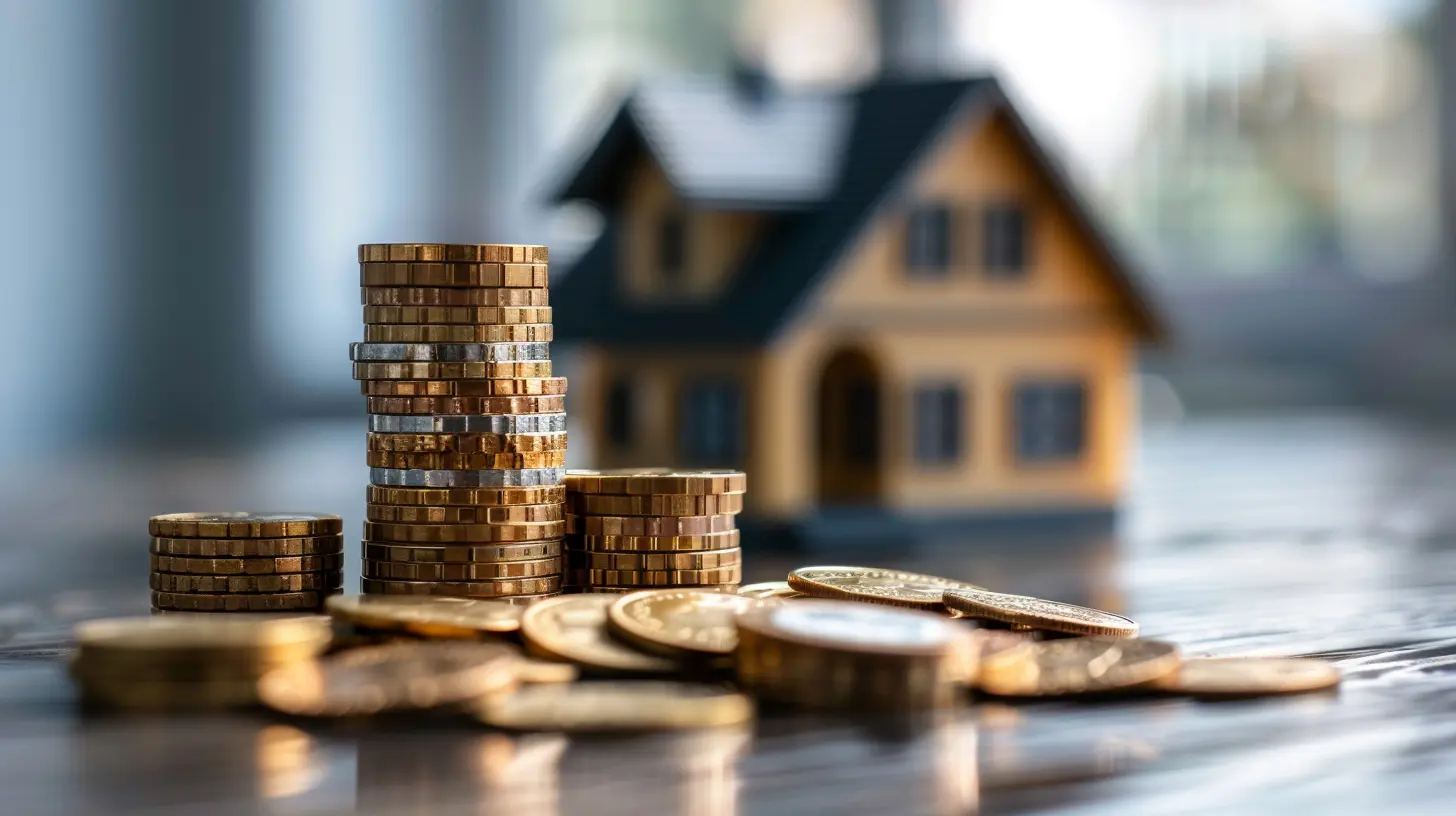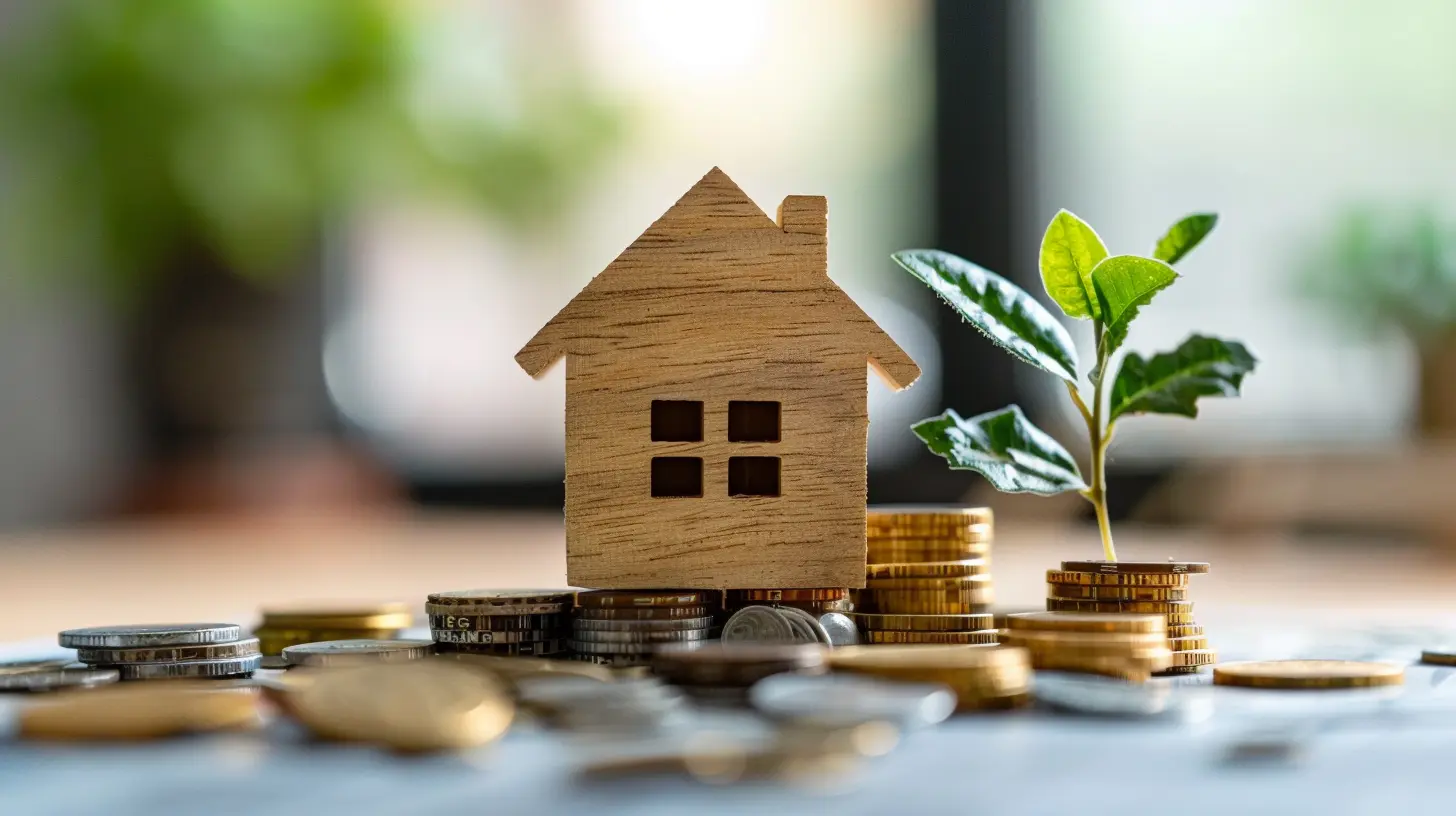The Future of Commercial Real Estate in Changing Markets
1 July 2025
A Shifting Landscape
Picture this—towering skyscrapers that once buzzed with life now standing quieter than ever. Malls that were once the heartbeat of weekend outings, morphing into mixed-use spaces. The commercial real estate (CRE) landscape is evolving, bending to the winds of change like a tree in a storm. But what does the future hold? Will office buildings become a relic of the past? Or will they adapt, reinventing themselves to thrive in a post-pandemic world?
The ground beneath commercial real estate is shifting, and those who stand still risk being left behind. Let's dive into the forces shaping the future of CRE and how businesses, investors, and developers can stay ahead of the curve. 
The Digital Revolution: A Catalyst for Change
Technology has woven itself into the very fabric of our lives, and real estate is no exception. With remote work and e-commerce skyrocketing, traditional office spaces and retail storefronts are facing an identity crisis.Remote Work & Hybrid Models
The pandemic was the great experiment no one saw coming. Overnight, companies adapted to remote work, and now, the question lingers—why go back? Businesses that once leased sprawling office spaces are downsizing or adopting hybrid work models.Coworking spaces are thriving, but traditional office buildings? They must find new ways to lure businesses back. Flexible workspaces, AI-driven building management, and tenant-focused amenities are the answer. The days of dull, uninspiring cubicles are fading faster than yesterday’s news.
E-Commerce & The Retail Reckoning
Shopping was once an experience—a stroll through bustling malls, the smell of fresh coffee from the food court, the excitement of discovering something unexpected. But with e-commerce reigning supreme, brick-and-mortar stores must adapt or vanish.Retail spaces are evolving. Think experiential stores, where customers come not just to buy but to interact. Augmented reality fitting rooms, automated checkout systems, and in-store experiences will define the new age of retail real estate. 
Sustainability: The Non-Negotiable Future
Green is no longer just a color; it's a necessity. Sustainability isn’t a trend—it’s the foundation of future real estate. Investors and tenants alike demand eco-friendly buildings, and regulatory bodies are pushing for stricter environmental policies.Green Buildings & Smart Cities
Skylines of the future will be dotted with energy-efficient buildings, solar-paneled rooftops, and smart designs that reduce waste. Green buildings aren’t just good for the planet—they're good for business. Lower utility costs, tax incentives, and higher tenant demand make sustainability a win-win.Smart cities play a role too. Think self-sufficient skyscrapers, rainwater harvesting systems, and AI-driven energy management to minimize waste. The commercial real estate industry must embrace sustainability or risk becoming obsolete. 
The Rise of Mixed-Use Developments
The future of CRE is all about versatility. Why settle for a single-use building when you can have a multi-functional space?The Death of the Traditional Mall?
Forget the cookie-cutter shopping malls of the past. The future belongs to mixed-use developments—spaces that blend work, play, and living. Imagine a building where you can work, grab lunch, hit the gym, and even live, all under one roof.This isn’t just speculation—it’s already happening. Developers are transforming outdated retail spaces into vibrant communities, ensuring foot traffic and constant engagement.
Office Spaces That Feel Like Home
If companies want employees back in office spaces, they need to rethink the entire concept of "work." Modern office buildings are incorporating wellness areas, green spaces, and communal lounges that feel more like cozy cafés than corporate workspaces.The goal? To make the office an experience people look forward to, not just a place to clock in and out. 
The Impact of Economic Uncertainty
The economy is a rollercoaster, and commercial real estate is strapped in for the ride. Interest rates, inflation, and market downturns all play a role in shaping the future.Rising Interest Rates & CRE Investments
Higher interest rates mean higher borrowing costs—bad news for investors relying on loans to develop or acquire properties. But for cash-rich investors? It’s a golden opportunity. With property prices adjusting, those with capital to invest can strategically acquire prime real estate at a discount.The Shift Toward Affordable Spaces
With economic uncertainty looming, businesses are tightening their budgets. Expensive office spaces and extravagant retail leases are being traded for smaller, more flexible options. The demand for smaller commercial units, coworking spaces, and flexible leases is surging.The Role of Artificial Intelligence & Automation
Artificial Intelligence (AI) isn’t just for sci-fi movies. It's becoming the backbone of commercial real estate, influencing everything from property management to customer experience.AI-Powered Property Management
Gone are the days of manual inspections and inefficient maintenance schedules. AI-driven property management systems can now detect issues before they escalate, reducing costs and improving efficiency.Predictive Analytics in Real Estate
Imagine knowing the next real estate hotspot before it booms. AI-driven predictive analytics are helping investors and developers make data-driven decisions, ensuring they stay ahead of market trends.The Final Word: Adapt or Fade Away
The future of commercial real estate isn’t written in stone—it’s fluid, evolving, and full of possibilities. The key to survival? Adaptation. Those who embrace technology, sustainability, and innovation will not just survive; they’ll thrive.The skyscrapers of tomorrow will be smarter. Retail spaces will be more immersive. Offices will be more inviting. The future isn’t bleak—it’s just different. And for those willing to evolve, the opportunities are limitless.
So, whether you're an investor, developer, or tenant, one thing is clear—change is here. The only question is, will you embrace it?
all images in this post were generated using AI tools
Category:
Real Estate MarketAuthor:

Lydia Hodge
Discussion
rate this article
2 comments
Wesley Vaughn
Insightful perspectives—thank you!
October 22, 2025 at 4:30 AM

Lydia Hodge
Thank you for your kind words! I'm glad you found the perspectives valuable.
Thistle Sharp
Thank you for this insightful article! The evolving landscape of commercial real estate is both challenging and exciting. It's crucial for us to stay adaptable and informed as market trends shift. I appreciate the thoughtful analysis and look forward to seeing how these changes will shape our industry in the coming years.
July 9, 2025 at 12:30 PM

Lydia Hodge
Thank you for your kind words! I'm glad you found the article insightful. Staying adaptable is indeed key as we navigate these changes together.


